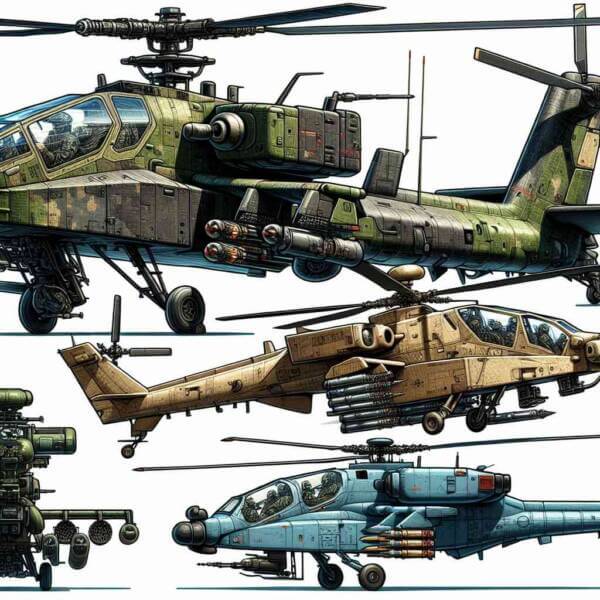Current Innovations and Future Directions
Current Innovations and Future Directions
Blog Article

The use of aircraft in military operations provides strategic advantages.
Nations invest heavily in military aviation to maintain superiority.
History of Military Aviation
Military aviation started during the early 1900s, with aircraft initially used for spying on enemy movements.
Key developments over time:
- Development of air combat tactics
- Massive growth in air power
- The Cold War era
- Modern drone warfare
Each era brought new technologies that pushed the limits.
Types of Military Aircraft
Understanding the types of military aircraft helps in appreciating the complexity of modern air forces.
Common categories of military aircraft are:
- Fighter jets
- Bombers
- Transport aircraft
- Eyes in the sky for modern armies
Each type plays a key part in military operations, from supporting ground forces.
The Strategic Value of Military Aviation
Air superiority is vital for achieving military success.
Benefits of air superiority include:
- Protecting ground forces
- Targeting infrastructure and logistics
- Surveillance and reconnaissance missions
- Psychological impact on enemy forces
Nations with strong military aviation capabilities can defend their interests more effectively.
Advancements Shaping the Future
Military aviation is at the forefront of technological innovation.
Future technologies in military aviation:
- Aircraft designed to evade radar detection
- Hypersonic weapons
- Artificial intelligence-driven missions
- Laser and electromagnetic systems
These advancements expand mission possibilities for air forces worldwide.
Obstacles Facing the Industry
From high costs to geopolitical tensions, the road to air dominance is a constant battle.
Major obstacles to overcome:
- Rising development and maintenance costs
- Need for constant upgrades
- Cybersecurity threats
- Questions about accountability and control
Addressing these challenges is essential check here for maintaining air power.
Where Military Aviation is Heading
The future of military aviation promises faster, smarter, and more autonomous systems.
Likely developments:
- Smarter decision-making systems
- Defending assets beyond Earth
- Eco-friendly military aircraft
- Joint defense projects
The next era of military aviation will redefine defense.
Final Thoughts on Military Aviation
Military aviation remains an irreplaceable element in global defense.
As technology continues to evolve, the skies will remain a vital domain where military aviation shapes the world order.
The future of military aviation is limitless — and it’s only just beginning. Report this page